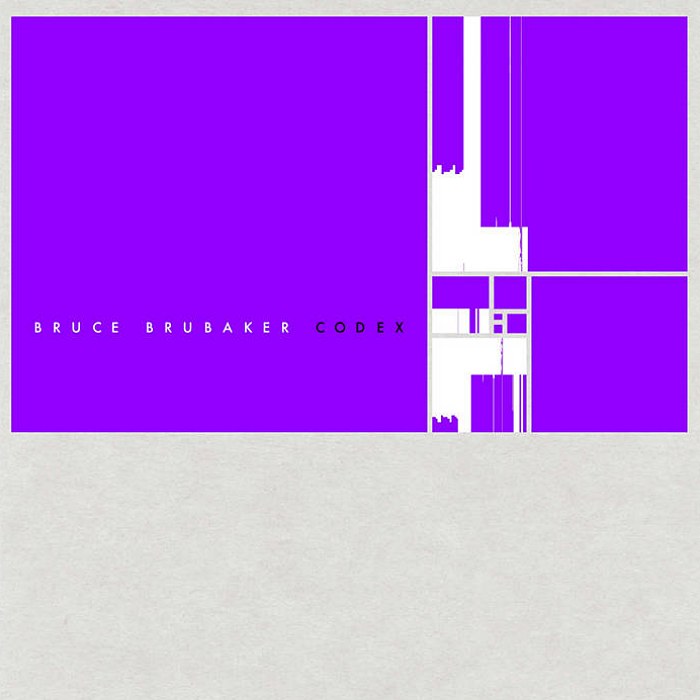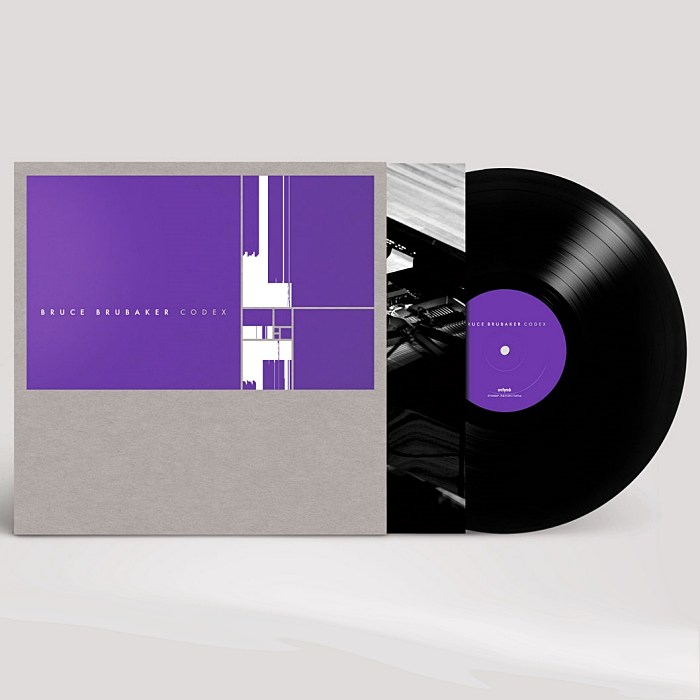On Codex, American pianist Bruce Brubaker sets up a clash (or a discussion) between Terry Riley’s Keyboard Study No. 2 (1965) and the Codex Faenza, a 15th century manuscript considered to be one of the very first collections of keyboard music. By putting forth the work of the performer/creator above that of the composer, this back-and-forth takes the listener on a journey that is at once timeless and eminently current.
(…)
Codex presents six possible “versions” of Terry Riley’s Keyboard Study No. 2, alternating with works extracted from the Codex Faenza. Having been fascinated by this “music that is so ancient that it almost appears to be completely new,” Brubaker was also convinced that it would sound great on a modern piano, which can sustain long notes. This is important because the crux of the project deals with time, with the passing of time.
The right hand, ornamental and busy, evokes the present’s precipitousness, while the left, minimal and stripped, expresses a slower, vaster temporality. Brubaker’s discourse here, beyond simply bridging two worlds – the ancient and the new, the Europe of the Late Middle Ages and sixties America, the mainstream and the intelligentsia – is to resuscitate these breviaries of freedom to extract their substantive marrow.
Music that is, by its essence, that of the present moment.




